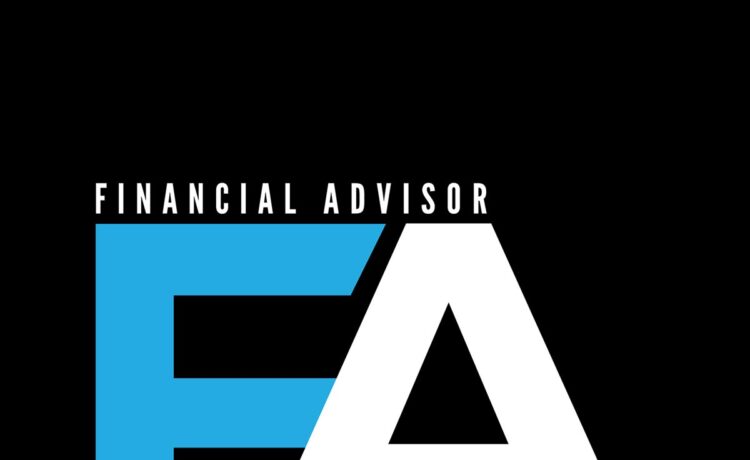All the recent tariff talk has caused the U.S. stock market to experience elevated volatility. Despite the wild ride, markets are almost back to all-time highs again. As a financial advisor, I often get asked one or both of the following questions:
1. Is now a good time to invest in the market?
2. What is the market going to do this year?
My first response is always to answer those questions with a question of my own: What is your time frame? In almost every case, the answer is the same—if you have a long-term time horizon, the answer to question 1 is: It’s always a good time to invest; and the answer to question 2 is: I don’t know, and frankly, it doesn’t matter what the market will do this year if you’re investing for the future (five to 10 years or more).
The chart below shows Bull and Bear Markets since 1942, and the data is overwhelmingly positive:

Some key takeaways from the data:
1. The average Bull Market lasted a little more than 4 years
2. The average Bear Market lasted just 11 months
3. The average cumulative GAIN for each Bull Market is close to +150%
4. The average cumulative LOSS for each Bear Market is close to -32%
5. Bull Markets have historically lasted 4x as longer than Bear Markets
6. The longest Bull Market lasted 12 years
7. The longest Bear Market lasted less than 2 years
8. The largest GAIN in a Bull Market was +582%
9. The largest LOSS in a Bear Market was -52%
‘Well, The Markets Are Making New Highs, Should I Wait Until They Come Down?’
Recently I was asked: “The markets are making new highs, should I wait until they come down?” Intuitively, one may think that would be a prudent strategy, but as the data below shows, that is not the case.

For all time periods of at least a year, investing after the market has made a new high has resulted in better performance.
‘But Why Should I Invest If There Is A Recession Coming?’
In an effort to combat over 9% inflation, the Federal Reserve began raising interest rates in March of 2022 and subsequently raised them 10 more times over the next 16 months with the final hike occurring in July 2023. During that time, the question that was constantly being bandied around was: “When is the next recession coming?” It’s been almost a year since the last rate hike and there is still no recession. Tack on the tariff war between the U.S. and most of our major trading partners and the “recession” question continues to surface. Alongside the press, many have predicted that it’s not a matter of, “if a recession is coming, but when.” One can always come up with reasons not to invest but inertia can be costly. Since the Fed’s initial interest rate hike on March 16, 2022, the global stock market (as represented by the MSCI All Country World Index) is up close to 36% as of the end of May 2025. Even though there hasn’t been a recession (yet), I’m constantly asked: “Why should I invest if there is a recession coming?”
The problem with the question is we never really know when the economy is going to go into a recession. Furthermore, we don’t really know we’re in a recession until AFTER the recession has started. The data below sheds some light on investing before, during, and after a recession:
Performance Before, During And After A Recession

Over the past 12 recessions since 1948:
The worst time to invest was before the recession, with average returns of -0.15% in the six months prior.
During the recession, the market returned an average of +2%.
The best time to invest was after the recession; the average return one year later was +21%. However, as previously mentioned, you don’t know when you are in a recession; timing the rebound is next to impossible. Moreover, the natural reaction to the data is: “the market is up 21% over the last year, so I’ve missed my chance.” Looking even further out, three- and five-year returns would tell you that you didn’t miss the boat.
‘Well, I Currently Don’t Have Much Faith In The Economy, Why Should I Invest In The Market Right Now?’
Finally, sometimes we allow our personal financial situation to sway our opinion on the overall economy looking forward. Common sense would tell you not to invest in the market if you don’t feel good about the future. Once again, the data would advise you the opposite is true:

When consumer confidence is at its lowest, future one-year stock market returns are much better (+24%) than when consumer confidence is at a peak (+3.9%).
‘What About Wars, Other Geopolitical Events And Elections?’
All seem like credible excuses not to invest, but once again the data indicates otherwise.
Despite some major global events over time, the equity market continues to be resilient.

A $10,000 investment in 1970 would be close to $3 million today!
And finally, when it comes to politics and elections markets have shown that regardless of party or political split, over the long term, market performance remains strong.

To Invest Or Not Invest?
Although the case has been made that there isn’t a bad time to invest in the stock market if you have a long-term time horizon, history doesn’t always repeat itself, and past performance is no guarantee of future results. That being said, no matter when you decide to invest, having an allocation to stocks in a diversified portfolio gives you the best shot at meeting your long-term objectives.
Steven Karsh, MBA, is a vice president at Innovest.



